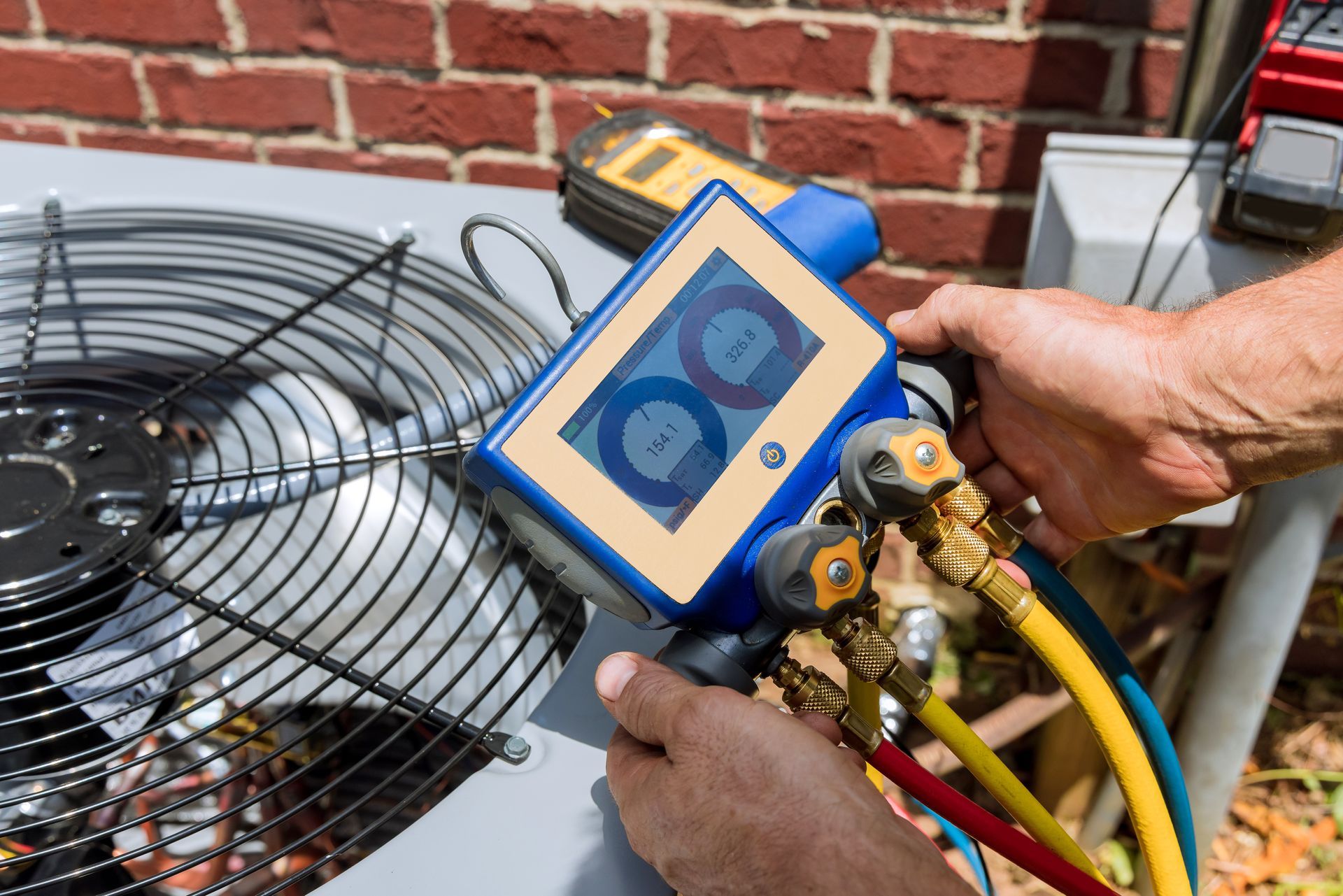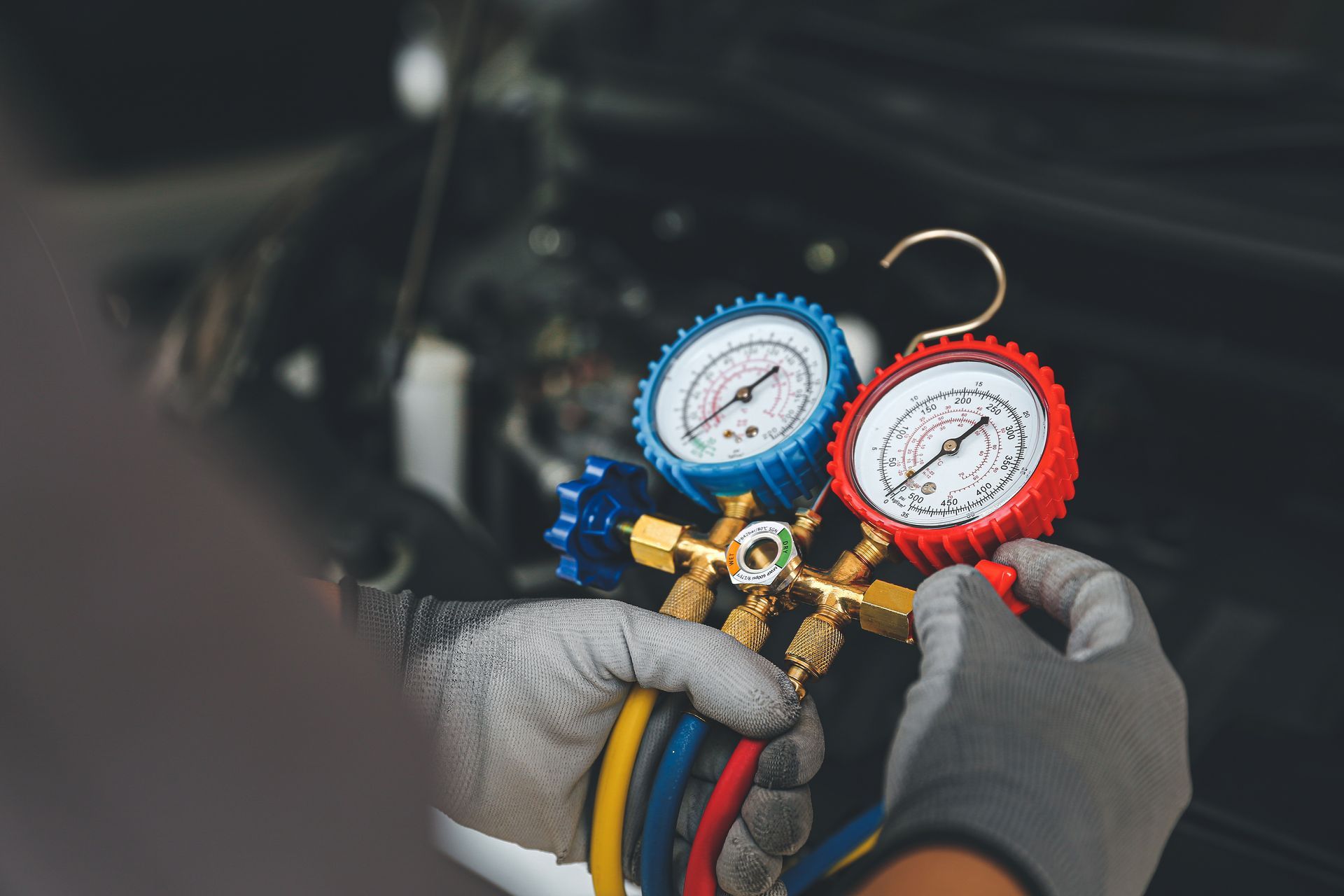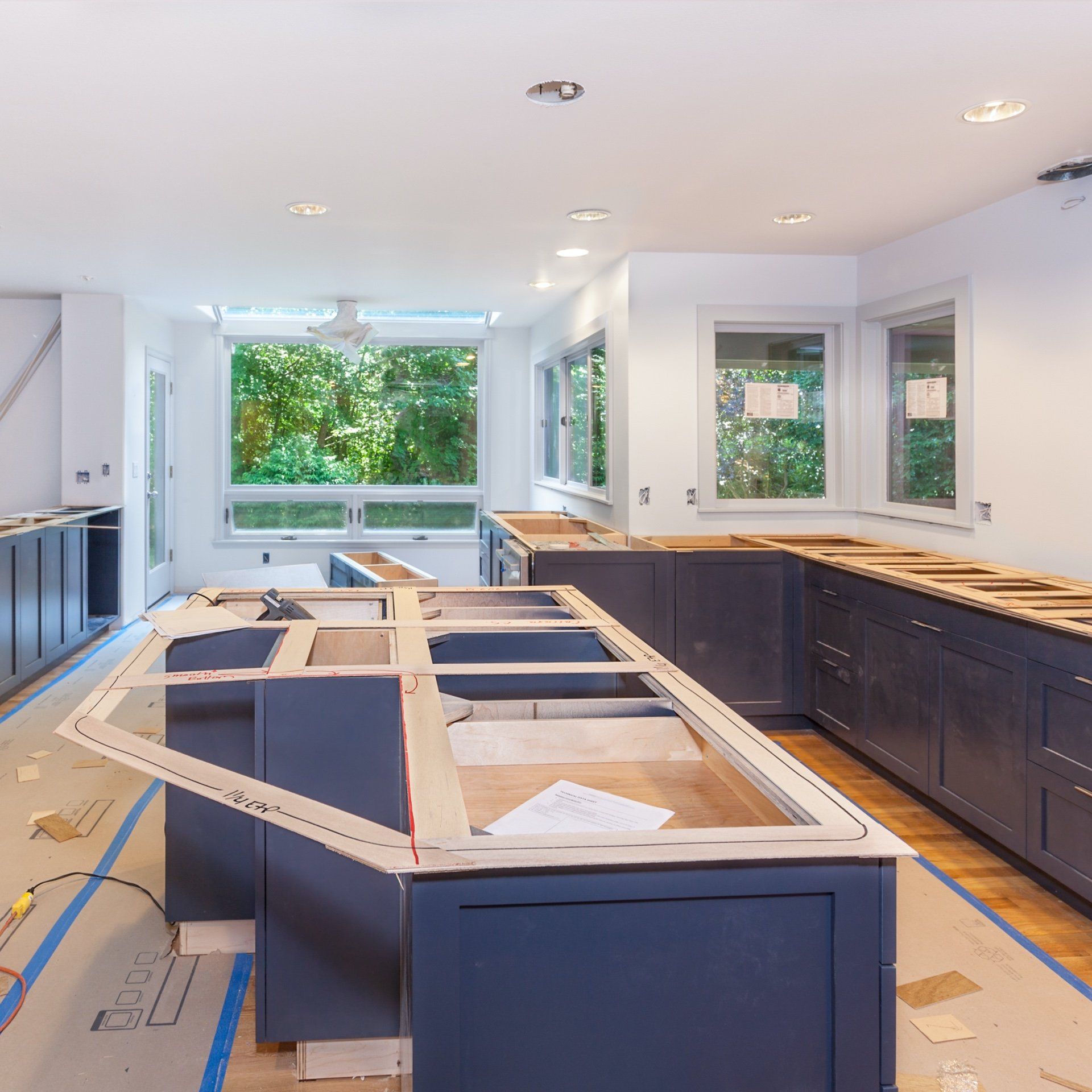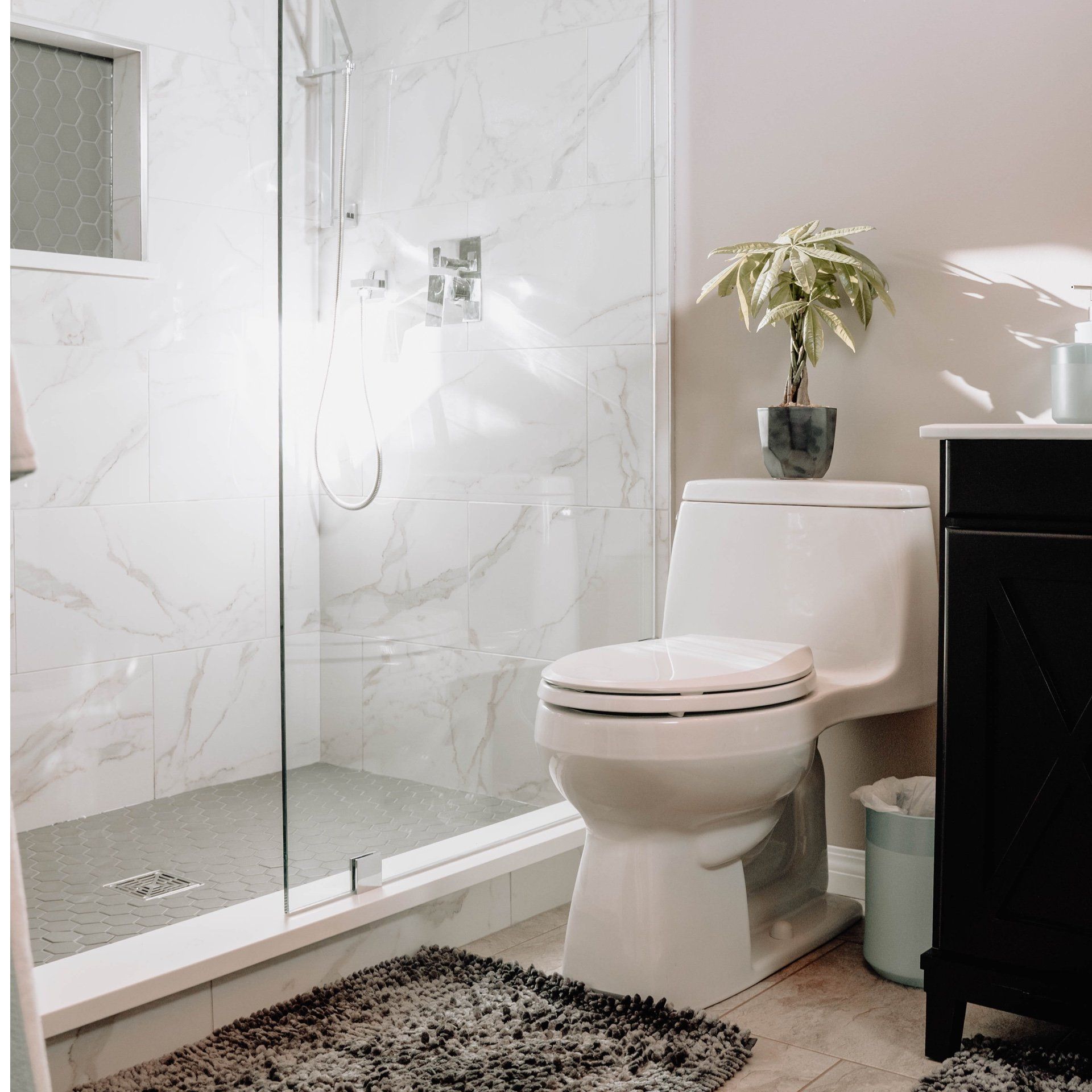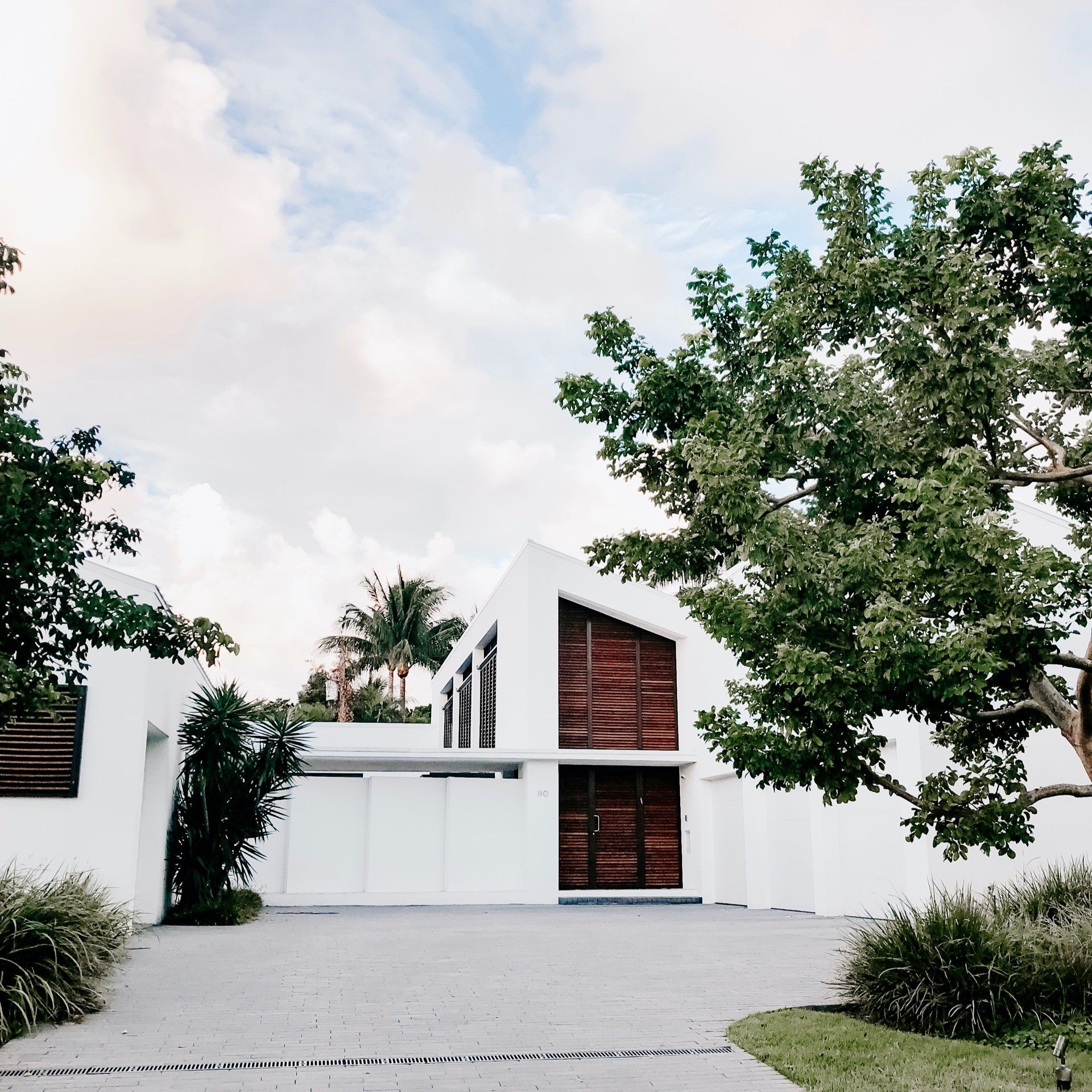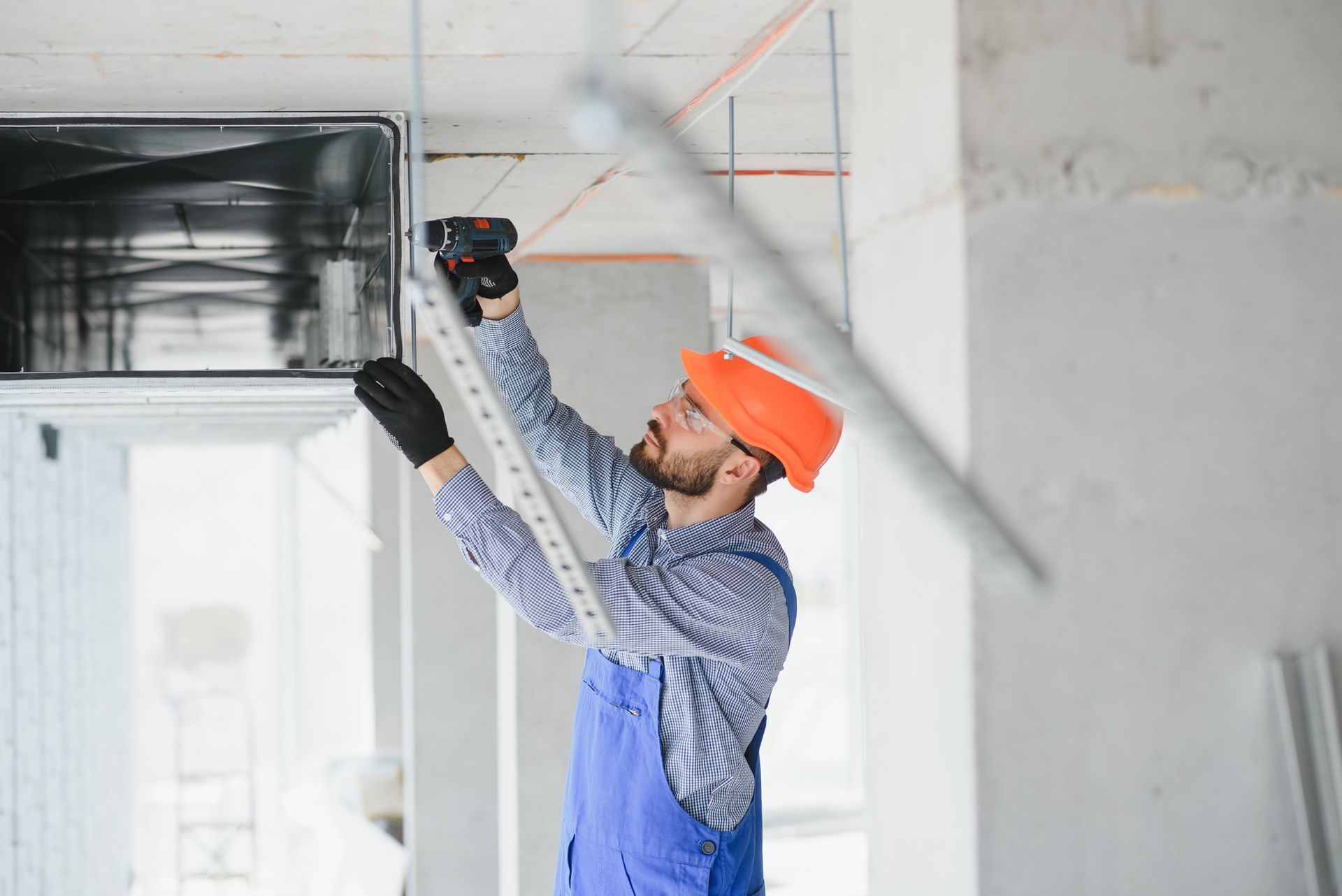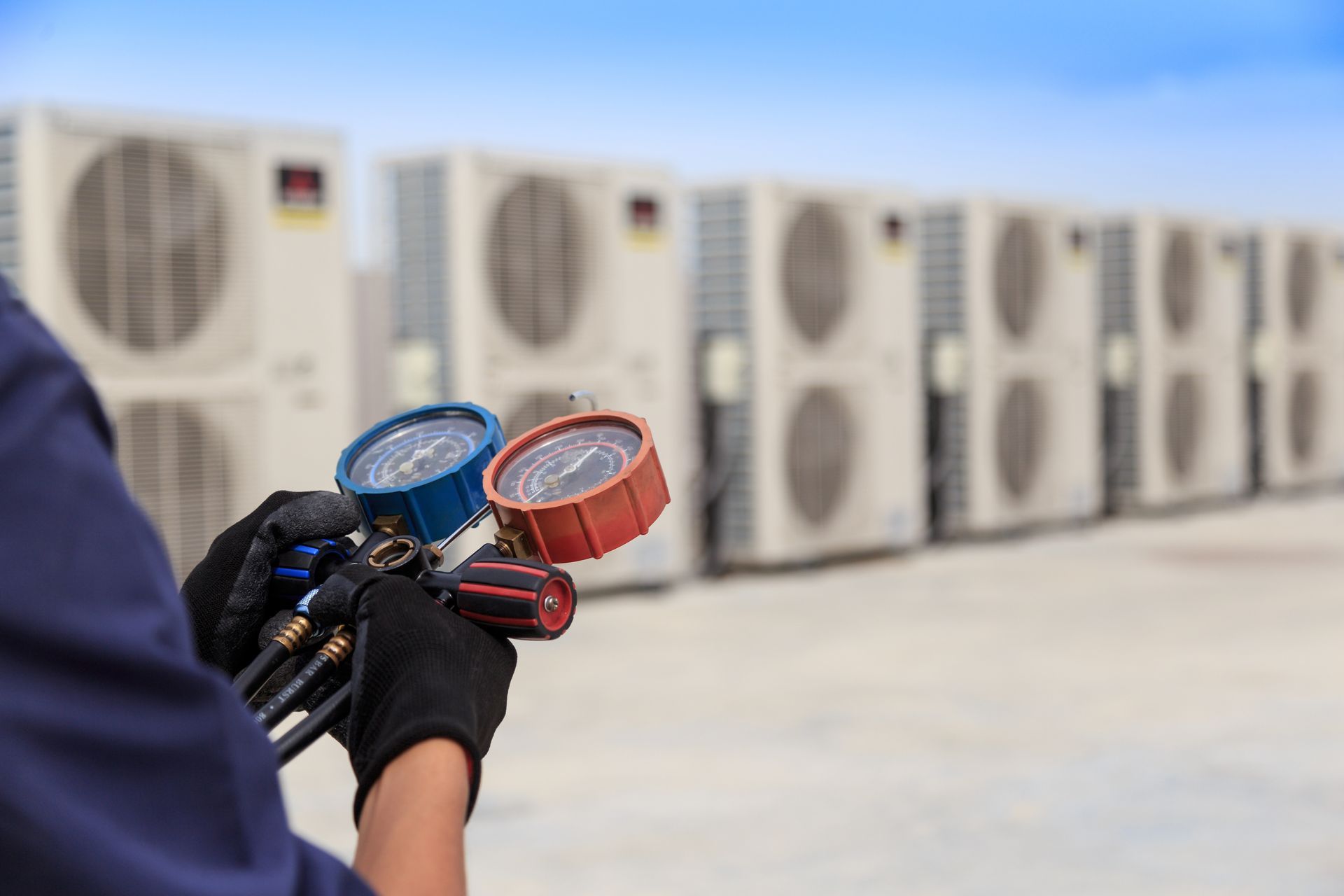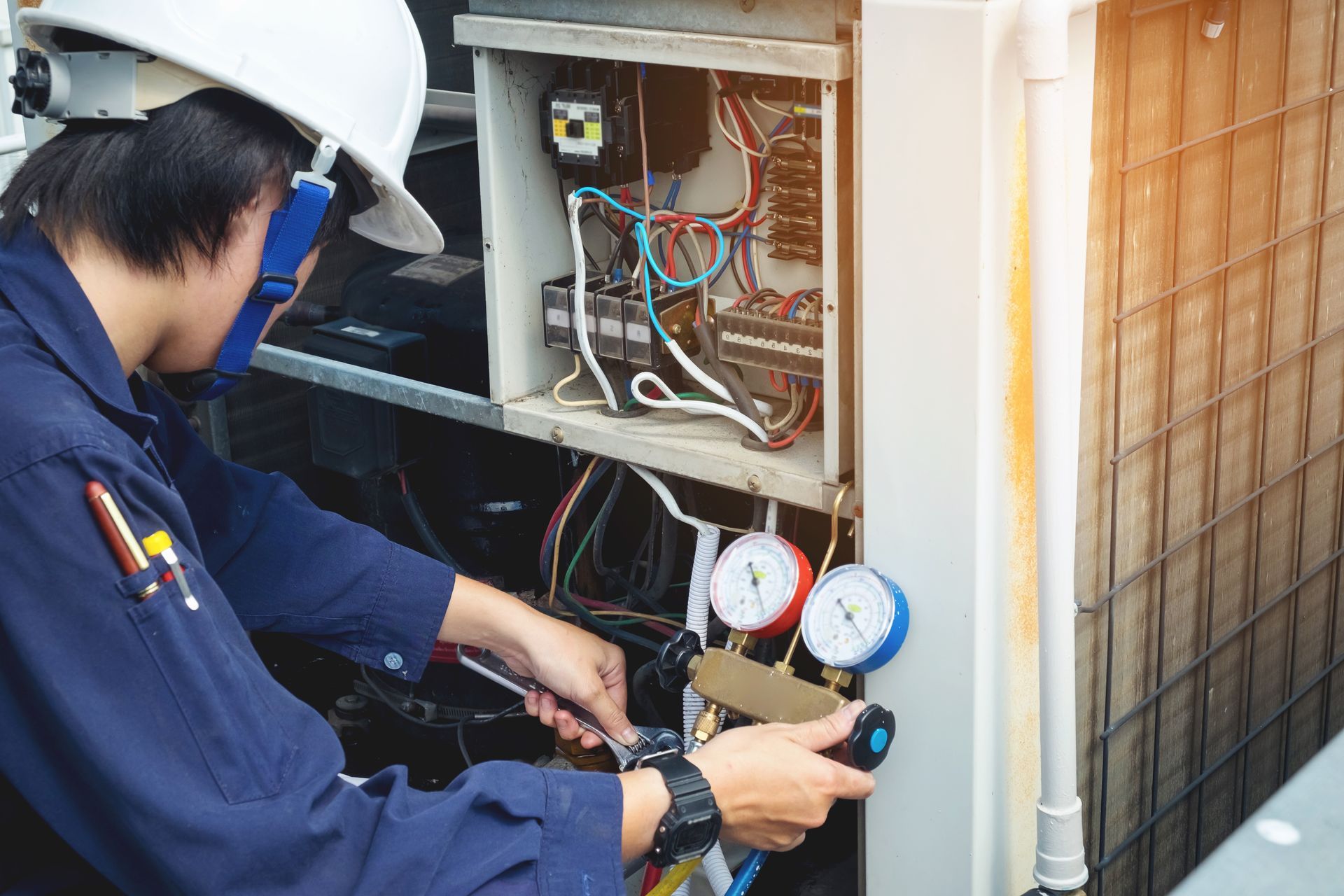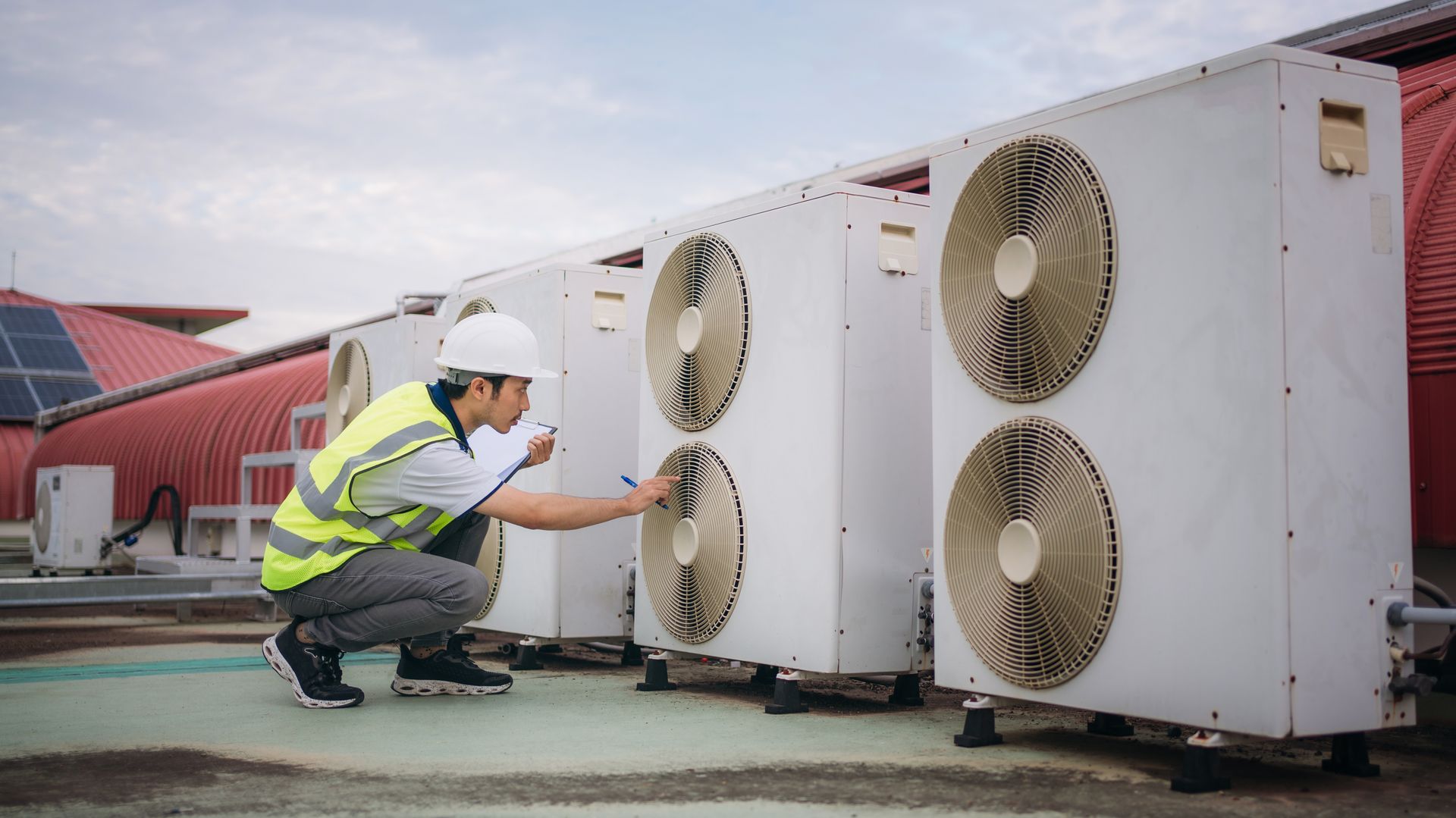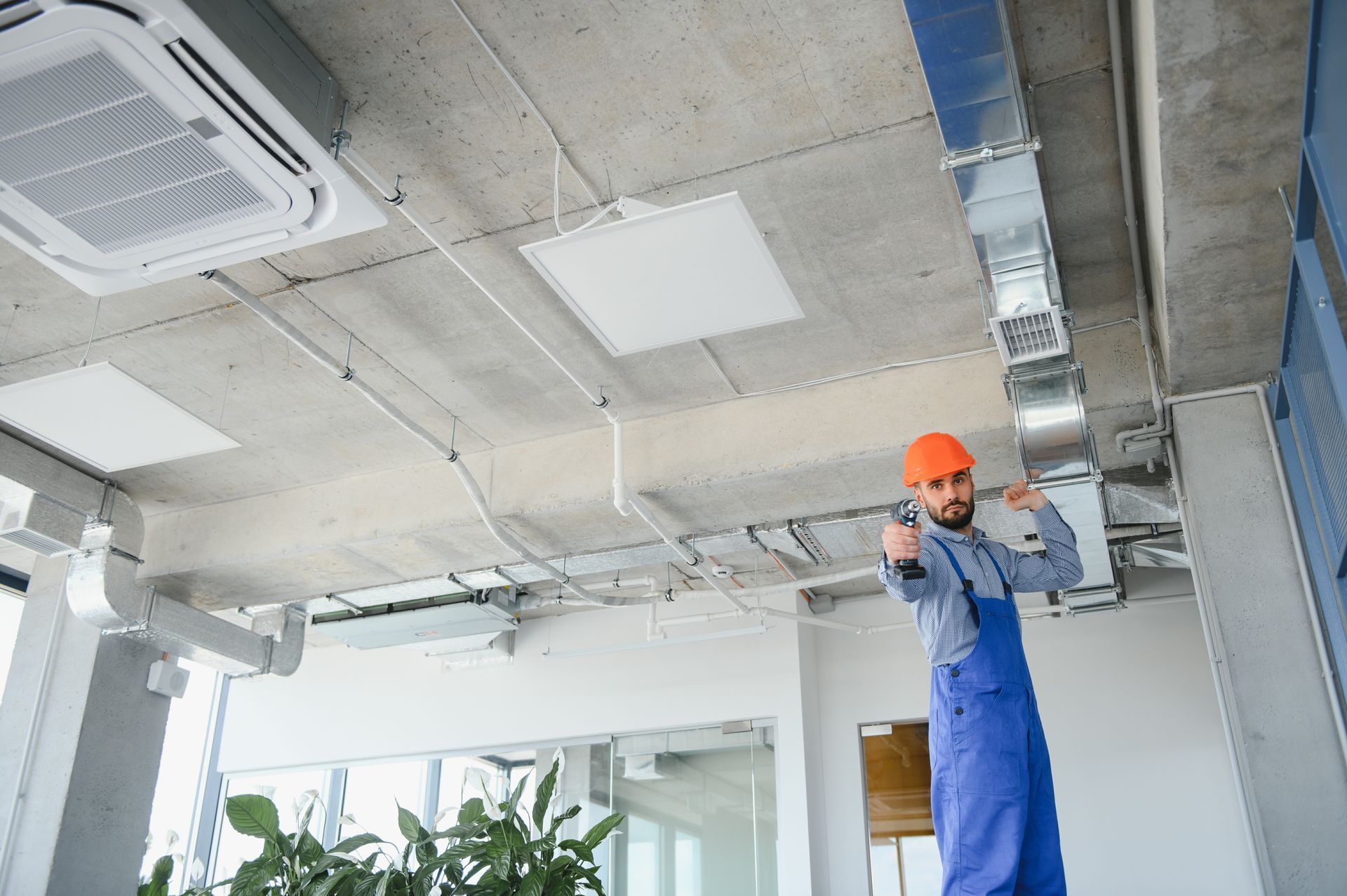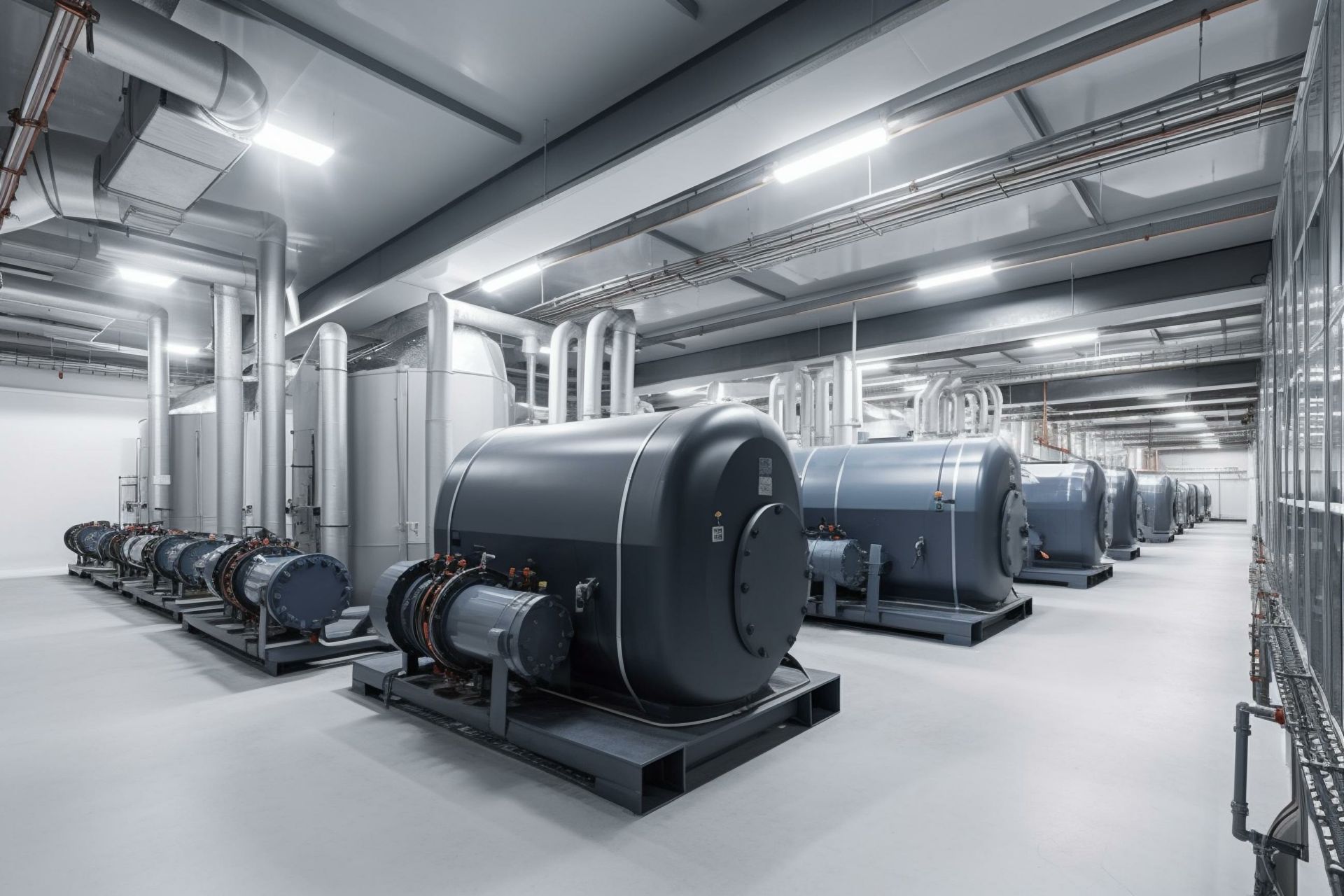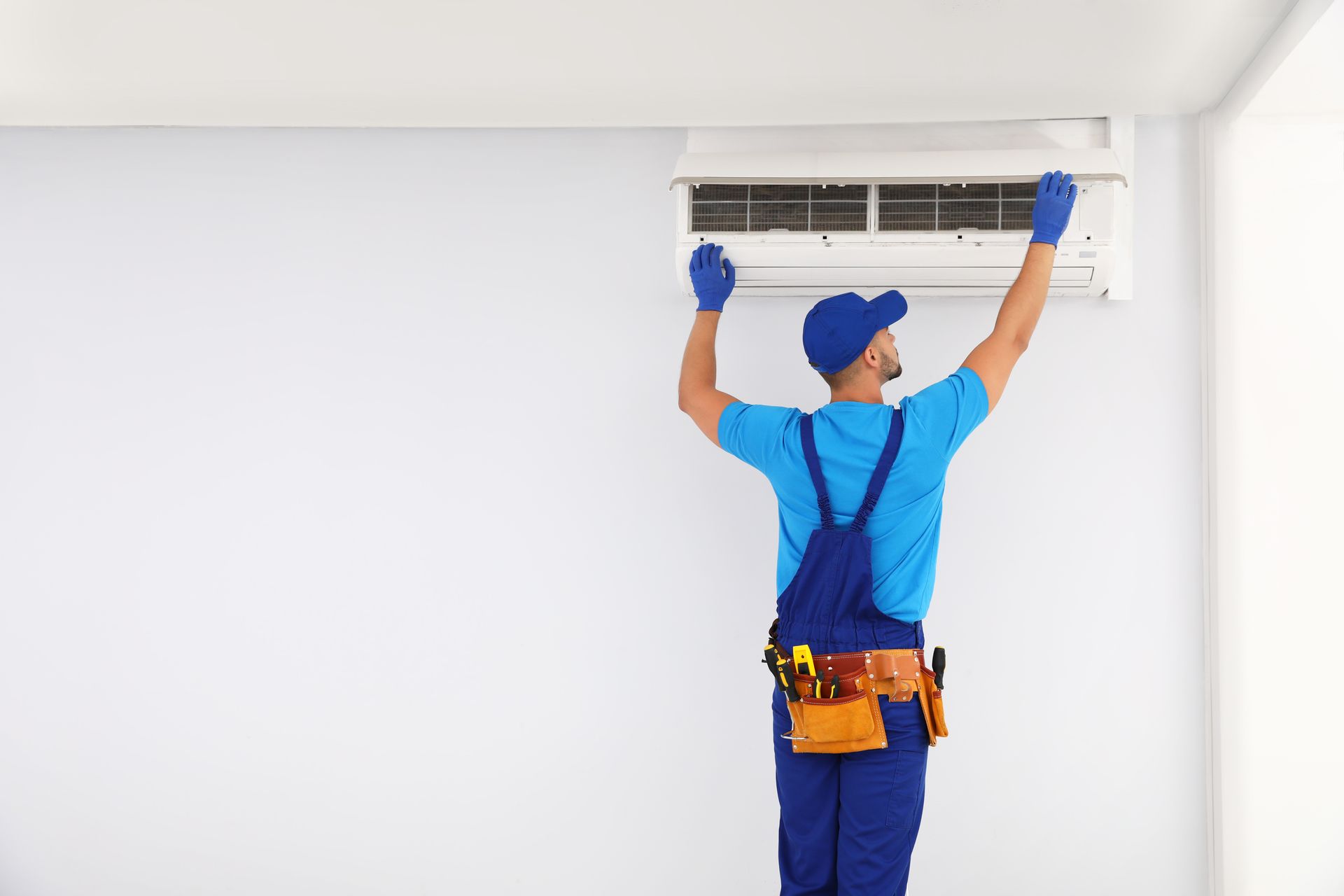Budgeting for HVAC Installation: Understanding Cost Components
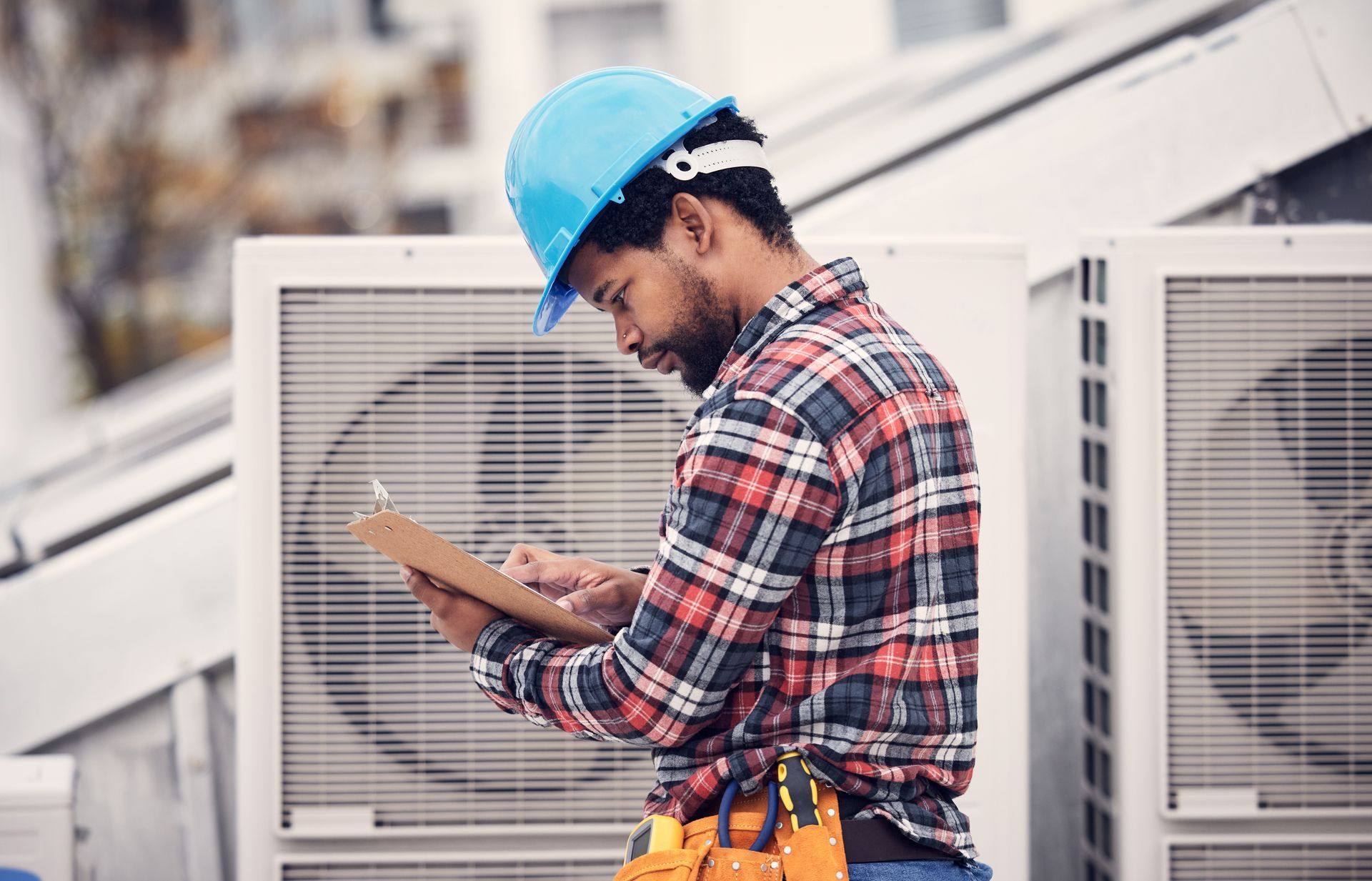
Deciphering HVAC Installation Costs
When planning for HVAC installation, understanding the various cost components can be a game-changer. It enables you to budget accurately, reduces surprises, and helps you identify areas where you may be able to save. Let's break down the main factors that contribute to the overall cost of installing an HVAC system.
Cost of Equipment
The cost of the HVAC unit itself often represents the largest chunk of the total installation cost. Factors such as the brand, size, and energy efficiency rating of the unit can cause this cost to vary. For instance, a high-efficiency, top-of-the-line model will cost more than a standard efficiency model.
Labor Costs
Labor costs are another significant factor in the total cost of HVAC installation. This includes the cost of removing the old unit, if necessary, as well as the cost of installing the new unit. Remember that while you may be tempted to go with the cheapest quote, it's essential to ensure that the installer has the necessary skills and experience to do the job right.
Additional Components
In addition to the HVAC unit itself, there may be other components required for the installation. These can include things like ductwork, thermostats, and air purification systems. The cost of these additional components will depend on the specific requirements of your home or business.
Permits and Inspection Fees
In most jurisdictions, installing an HVAC system requires a permit, and the installation must be inspected upon completion. The cost of the permit and inspection fees is typically included in the overall cost of the installation.
Choosing a Professional Over DIY
While it may be tempting to attempt HVAC installation yourself in an effort to save money, the benefits of hiring a professional far outweigh the risks of a DIY project. Here's why:
A Professional Touch
An HVAC professional has the necessary training and experience to install your HVAC system correctly and efficiently. They can ensure that your unit is appropriately sized for your home, properly sealed and insulated, and meets all local building codes. This expertise translates into better performance and longer lifespan for your HVAC system.
Avoiding DIY Dangers
Attempting to install an HVAC system without proper training can result in injury or damage to your home. HVAC installation involves handling refrigerant, which can be dangerous if not properly managed. It also requires electrical work, which presents its own set of risks.
Moreover, an improperly installed HVAC system can lead to problems down the road, such as poor performance, increased energy costs, and even system failure. In contrast, a professionally installed system provides peace of mind, knowing that your system is installed safely and correctly.
Investing in HVAC installation is a major decision that has long-term implications for your comfort and energy costs. By understanding the various cost components, you can budget accurately and make informed decisions.
If you're ready to move forward with your HVAC installation and would like a detailed quote, don't hesitate to reach out. Visit our "Contact" page and let's start a conversation about how we can make your indoor environment more comfortable and energy-efficient.
